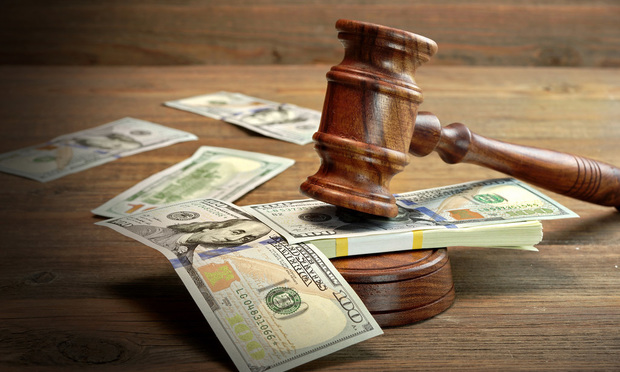WASHINGTON--A U.S. Supreme Court ruling sharply reducing a punitive damage award against Philip Morris USA puts weight behind the insurance industry's arguments that such awards have become unfair, according to industry groups.
David Snyder, vice president and assistant general counsel for the American Insurance Association, said the ruling "is very important in restraining abusive litigation costs that are ultimately paid by families and businesses in higher product and insurance costs and lost productivity."
In its decision on the case of Philip Morris USA v. Mayola Williams, the Supreme Court said that a $79.5 million punitive damage award granted by an Oregon jury to Williams' estate was effectively an unconstitutional punishment for alleged injuries to nonparties who were, in effect, "strangers to the litigation."
As a result of the ruling, the case will go back to the Oregon State Supreme Court.
Robert Hartwig, president of the Insurance Information Institute, said the decision continues a trend in which federal appellate courts are seeking to "rein in the excesses of juries and judges around the country."
Decisions such as this one, like a 2003 ruling in the case of State Farm vs. Campbell, he said, provide a "validation" for the industry's arguments that punitive damage awards have become excessive.
While it generally takes some time for the effect of precedents to be felt in the system, Mr. Hartwig said the court's decision in the Williams case "is one that insurers will invoke immediately," in helping to keep punitive awards reasonable.
At issue in the case was the notion of whether a punitive damage award should be based on the injuries incurred by nonparties in the case, and whether those injuries should be considered part of showing that defendants' acts were "reprehensible" and harmful to the general public.
"While evidence of actual harm to nonparties can help to show that the conduct that harmed the plaintiff also posed a substantial risk to the general public, and so was particularly reprehensible, a jury may not go further and use a punitive damages verdict to punish a defendant directly for harms to those nonparties," Justice Stephen Breyer wrote.
In a dissenting opinion, Justice John Paul Stevens argued that the majority was relying on a subtle distinction that "eludes me."
"When a jury increases a punitive damages award because injuries to third parties enhanced the reprehensibility of the defendant's conduct, the jury is by definition punishing the defendant--directly--for third-party harm," he added.
Lori Nugent, an attorney specializing in punitive damages issues and the chair of the enterprise risks practice group for the firm of Cozen O'Connor, said the ruling "puts the nail in the coffin for one of the most effective tactics of plaintiff's lawyers" of trying a series of individual plaintiff cases until they finally win a case.
Once the attorney has won a case, she said, they often seek "lottery-sized" punitive awards based on injuries incurred by those who had lost prior cases.
"It's important to lay down clear rules," Mr. Snyder said. "The Supreme Court has turned back efforts to muddy that clarity. We think this decision maintains fairness, protects competitiveness and should help to hold down costs."
Want to continue reading?
Become a Free PropertyCasualty360 Digital Reader
Your access to unlimited PropertyCasualty360 content isn’t changing.
Once you are an ALM digital member, you’ll receive:
- Breaking insurance news and analysis, on-site and via our newsletters and custom alerts
- Weekly Insurance Speak podcast featuring exclusive interviews with industry leaders
- Educational webcasts, white papers, and ebooks from industry thought leaders
- Critical converage of the employee benefits and financial advisory markets on our other ALM sites, BenefitsPRO and ThinkAdvisor
Already have an account? Sign In Now
© 2025 ALM Global, LLC, All Rights Reserved. Request academic re-use from www.copyright.com. All other uses, submit a request to [email protected]. For more information visit Asset & Logo Licensing.








